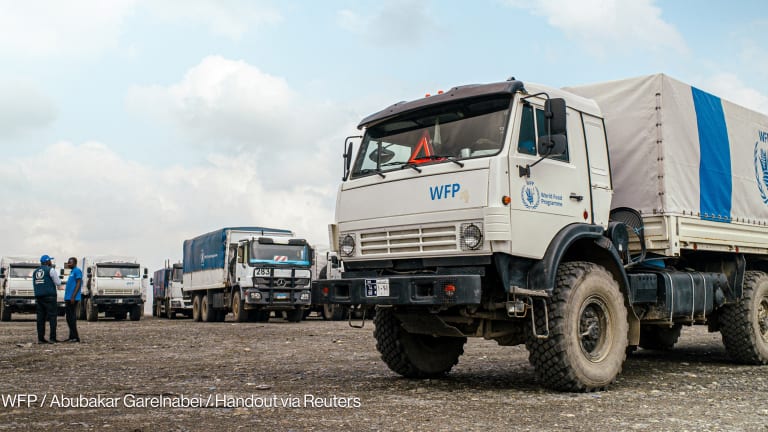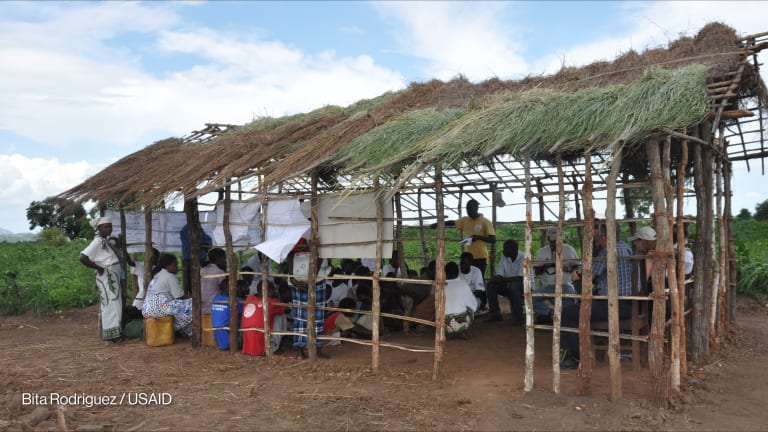
European governments should spend more to address the dire humanitarian needs in Sudan or risk more people trying to reach Europe, the head of the World Food Programme in the country has told Devex.
Calling 2022 an “unprecedented year” for food insecurity there, WFP’s Sudan country director, Eddie Rowe, said in an interview Wednesday in Brussels that about 15 million people are struggling to have a meal each day in the country of 45 million.
Rowe said that poor harvests, political instability, and civil unrest had combined with the effects of the war between Russia and Ukraine — a region from where Sudan previously imported 80% of its wheat.
“Today, it's costing twice as much for them to import wheat,” Rowe said. “And it also has an impact on fuel, which translates to skyrocketing prices of basic commodities.”
The UN’s 2022 Humanitarian Response Plan for Sudan is so far only around 35% funded.
“Ten, 15 years ago … it [was] either you survive it or you die out,” he said. “Now, it's either you fight or flight — and you would see [an] exodus of people moving.”
“Today Egypt has over 4 million Sudanese. … And one of the reasons ? They just cannot survive in Sudan. And when they get to Egypt, nobody knows where next — it's the Gulf States or the treacherous journey into Europe,” Rowe said. “So these are considerations, which we think we should highlight for some of these donors to actually see, to understand that it is in all of our interest to address these emerging crises that we're seeing now."
“On most of the humanitarian assistance, we focus at the locality level, and that's where we interact with local authorities — minimum interactions, when necessary, with federal officials”
— Eddie Rowe, Sudan country director, WFPThe idea that foreign aid can help stem migration to wealthy countries is not new, but has also been challenged, notably by academics Michael Clemens and Hannah Postel, who found that economic development in low-income countries typically increases migration until the country progresses past middle-income status.
Rowe met with European Union member states on the situation in Sudan on Wednesday, along with the country representatives from the United Nations refugee agency, UNHCR, and UNICEF.
UNHCR reported that as of Sept. 13 it had received just one-third of the $348.9 million it needs this year to meet the growing needs for refugees and displaced people in Sudan.
The EU and United States froze aid through the government after a military takeover in October 2021, though WFP recently signed an agreement with the World Bank to channel $100 million to provide cash transfers and food to more than 2 million people in Sudan.
Rowe said that most WFP programs were implemented through local authorities.
“On most of the humanitarian assistance, we focus at the locality level, and that's where we interact with local authorities — minimum interactions, when necessary, with federal officials,” Rowe said.
Search for articles
Most Read
- 1
- 2
- 3
- 4
- 5








